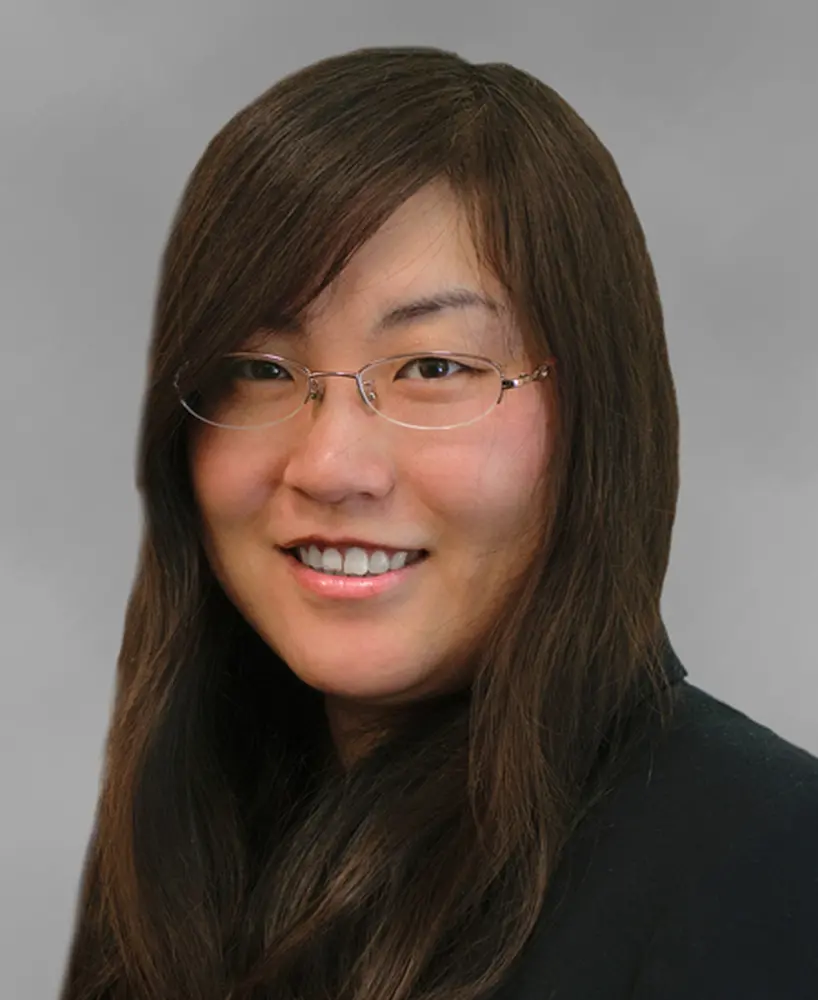
On any given drive across the countryside you may see cornfields or a forest. Dr. Chunyuan Diao sees a complex terrestrial ecosystem that can provide clues to improving food security, climate change, and sustainability.
Diao joined the U of I in 2017 and has become a highly respected reseacher of ground dynamics and the developer of CropSight, a reference data framework to help us better understand the land around us. She received the National Science Foundation CAREER award and earlier this year was named a Fellow of the American Association of Geographers (AAG). Diao was promoted to associate professor with tenure effective August 16th, 2024.
What are you working on now? Why are you passionate about this area of study?
My research mainly lies at the confluence of remote sensing, GIScience, and biogeography. My current research focuses on computational remote sensing of terrestrial ecosystem dynamics at local to global spatial scales, and daily to decadal temporal scales. I am particularly passionate about advancing computational remote sensing paradigms in characterizing land surface patterns and processes, underlying mechanisms, and subsequent feedbacks to the atmosphere. My work combines remote sensing, process-based models, field observations, artificial intelligence, high-performance and cloud computing, to study ecosystem structures, functions, and responses to climate change and human activities. My ongoing research traverses varying types of ecosystems, including natural (e.g., forest), human-dominated (e.g., agriculture), and disturbed (e.g., species invasion) ecosystems. Current research foci include computational remote sensing, multi-scale land surface phenology, intelligent agriculture, and invasive species and biodiversity.